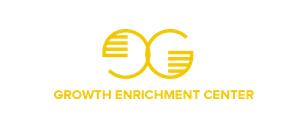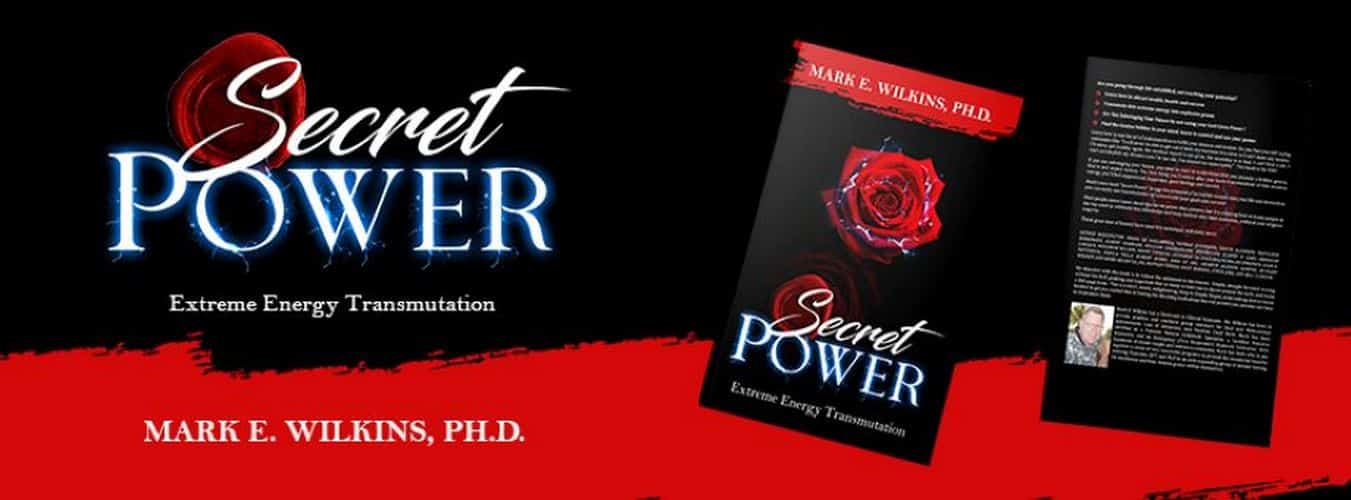
Have you ever wondered why it's so challenging to contemplate views that contradict your own beliefs? The answer lies in our deep-rooted survival instincts. Our brains are wired to seek out information that confirms what we already believe, a phenomenon known as confirmation bias. But there's more to this cognitive quirk than meets the eye. Want to uncover the hidden reasons behind this bias and learn how to navigate its influence on your decision-making process?
Evolutionary Survival Instincts
Have you ever wondered why your mind seems wired to fall victim to confirmation bias, favoring information that aligns with your preexisting beliefs for the sake of survival? It all boils down to our evolutionary survival instincts.
Back in ancient times, our ancestors had to make split-second decisions to guarantee their survival in a dangerous world. They'd to quickly assess information and act upon it to avoid potential threats. This innate need for quick decision-making led to the development of confirmation bias as a way to streamline the thought process.
By favoring information that confirms what we already believe, our ancestors were able to make rapid judgments and react swiftly to potential dangers.
Even though we no longer face the same life-threatening situations as our ancestors, this survival instinct still lingers within us. It's crucial to recognize this bias and actively work against it to make more rational and informed decisions in today's complex world.
Cognitive Dissonance Reduction
When grappling with the complexities of cognitive dissonance reduction, embracing the discomfort of conflicting beliefs can pave the way for personal growth and insight. It's natural to feel uneasy when faced with contradictory thoughts or beliefs, but it's in these moments of discomfort that real change and growth can occur. Instead of shying away from cognitive dissonance, try leaning into it with an open mind and a willingness to explore why these conflicting beliefs exist within you.
Reducing cognitive dissonance isn't about finding quick fixes or easy solutions; it's about delving deep into your beliefs, values, and attitudes to understand why they may be in conflict. By acknowledging and accepting this discomfort, you open yourself up to new perspectives and a deeper understanding of yourself. This process of introspection and self-reflection can lead to personal growth, increased self-awareness, and a more nuanced understanding of the world around you.
Social Influence and Group Dynamics

Feeling a sense of belonging and connection within a group can greatly impact your thoughts, behaviors, and decisions. As social beings, we naturally seek acceptance and approval from those around us. This innate desire to fit in can sometimes lead us to conform to the beliefs and opinions of the group, even if they contradict our own views. The fear of rejection or being ostracized can cloud our judgment and make us more susceptible to groupthink.
Group dynamics play an important role in shaping our perspectives and influencing our decision-making processes. When surrounded by like-minded individuals, it's easy to fall into the trap of echoing their sentiments without critically evaluating them. The pressure to align with the group consensus can override our ability to think independently and consider alternative viewpoints.
It's important to be mindful of the influence that social dynamics have on our behavior. By staying true to your values and beliefs, even in the face of group pressure, you can cultivate a sense of authenticity and integrity in your interactions with others. Remember, your individual voice matters, and expressing your unique thoughts and opinions, regardless of the group's stance, is crucial for maintaining your authenticity.
Information Filtering Mechanisms
When maneuvering through information filtering mechanisms, remain vigilant about how group dynamics can subtly influence your perception and evaluation of data. It's important to be aware of how these mechanisms can shape your views and decisions.
Here are some key points to ponder:
- Diverse Perspectives: Seek out a variety of sources and viewpoints to prevent being swayed by a single narrative.
- Fact-Checking: Verify information from reputable sources to confirm accuracy and reliability.
- Critical Thinking: Question the motives behind the information presented and analyze it objectively.
- Awareness of Bias: Acknowledge your own biases and how they might impact the way you filter and interpret information.
Overconfidence in Decision-Making

Exploring the complexities of decision-making with humility and a willingness to challenge your assumptions can guard against the pitfalls of overconfidence. When making decisions, it's easy to fall into the trap of thinking you have all the answers. Overconfidence can lead to rushed judgments, disregarding valuable input, and overlooking potential risks. By acknowledging that your understanding is limited and subject to biases, you open yourself up to a world of possibilities.
Embracing a mindset that values critical thinking and welcomes constructive feedback can help you navigate the uncertainties of decision-making with grace. Remember, it's okay not to have all the answers right away. Take the time to ponder different perspectives, weigh the pros and cons, and be open to adjusting your course if new information arises. Confidence is essential, but it must be balanced with a healthy dose of skepticism to avoid the pitfalls of overconfidence. Trust in your abilities, but also trust in the process of learning and growing through each decision you make.
Frequently Asked Questions
How Does Confirmation Bias Relate to Our Evolutionary Survival Instincts?
When it comes to confirmation bias, you might find that it relates to our evolutionary survival instincts by influencing the way you interpret information, seeking out what confirms existing beliefs without always considering alternative perspectives.
Can Cognitive Dissonance Reduction Strategies Prevent Confirmation Bias?
By challenging your beliefs and seeking diverse perspectives, cognitive dissonance reduction strategies can help prevent confirmation bias. Embrace discomfort, question assumptions, and stay open-minded to foster a more balanced and informed decision-making process.
What Role Do Social Influence and Group Dynamics Play in Confirmation Bias?
Explore how social influence and group dynamics impact confirmation bias. Acknowledge differing perspectives and challenge yourself to seek objective truth. Engage in open dialogue, consider diverse viewpoints, and cultivate a mindset that values critical thinking.
How Do Information Filtering Mechanisms Contribute to Confirmation Bias?
When you filter information, your brain seeks familiar patterns, leading to confirmation bias. Stay curious, challenge assumptions, and embrace diverse perspectives. Recognize the power of your filters and actively seek out new viewpoints to combat bias.
Why Does Overconfidence in Decision-Making Exacerbate Confirmation Bias?
When overconfident in decision-making, you may overlook opposing evidence, seeking only validation. This mindset amplifies confirmation bias, reinforcing existing beliefs. Embrace humility, remain open to diverse perspectives, and challenge your assumptions to combat this cognitive trap.
Conclusion
Hey there, don't let confirmation bias cloud your judgment! Remember, our brains are wired to seek out information that confirms our beliefs, but being aware of this bias can help you make more rational decisions.
So, next time you're faced with conflicting information, take a step back, consider all perspectives, and don't be afraid to challenge your own assumptions. After all, a mind open to new ideas is like a garden flourishing with possibilities.

